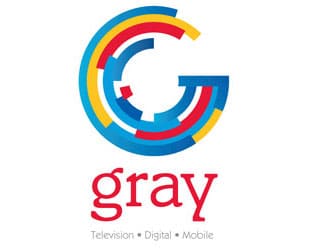After 146 days, the strike called by the Writers Guild of America is nearing its conclusion, as a tentative agreement was reached with the AMPTP ahead of the Jewish day of atonement, Yom Kippur, late Sunday.
The actors union that remains on strike congratulated the WGA on the near-official deal, while it remains unresolved with its own labor dispute.
In a brief statement, SAG-AFTRA congratulated the WGA on reaching the tentative agreement with the AMPTP, “after 146 days of incredible strength, resiliency, and solidarity on the picket lines.”
While SAG-AFTRA looks forward to reviewing the WGA and AMPTP’s tentative agreement, it remains committed to achieving the necessary terms for our members, the actors union said.
“Since the day the WGA strike began, SAG-AFTRA members have stood alongside the writers on the picket lines,” SAG-AFTRA notes. “We remain on strike in our TV/Theatrical contract and continue to urge the studio and streamer CEOs and the AMPTP to return to the table and make the fair deal that our members deserve and demand.”
For both SAG-AFTRA and the WGA East and West, it is the Alliance of Motion Picture and Television Producers’ (AMPTP) that has prevented new labor agreements from being signed without deep negotiation, resulting in the walkouts.
Artificial Intelligence and intellectual property rights are a big issue for SAG-AFTRA members. Also impacting the TV, streaming and theatrical (on a limited basis) arenas is what SAG-AFTRA believes is “one simple truth”: “We’re up against a system where those in charge of multibillion-dollar media conglomerates are rewarded for exploiting workers.”
How so? “The companies represented by the Alliance of Motion Picture and Television Producers (AMPTP) — which include Amazon/MGM, Apple, Disney/ABC/Fox, NBCUniversal, Netflix, Paramount/CBS, Sony, Warner Bros. Discovery (HBO), and others — are committed to prioritizing shareholders and Wall Street.”





